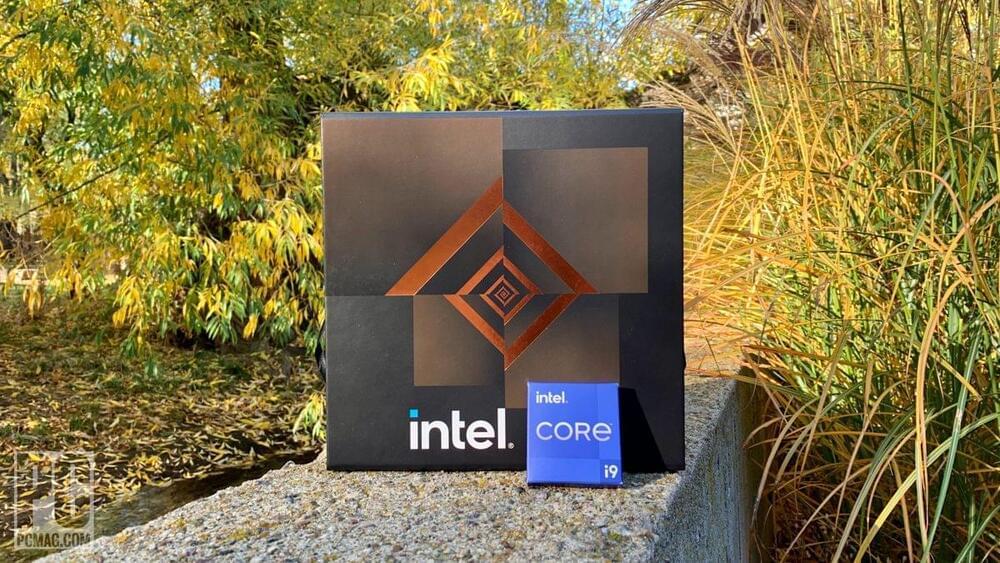“Alder Lake,” Intel’s family of 12th Generation processors, has arrived—and with it, a new CPU paradigm. Intel’s Core i9-12900K desktop CPU ($589) leads the pack of the company’s 12th Generation processors, and brings with it a whole host of upgrades and innovations to the desktops of now and tomorrow. These tick-ups include support for the new, high-speed DDR5 RAM standard, as well as an upgrade to PCI Express 5.0, on the first new motherboard platform to support the latest chips, the Intel Z690. Intel also worked closely with Microsoft to optimize the new CPUs for Windows 11, adding new scheduling features that intelligently load up the Core i9-12900K depending on which cores are being used where, and for what.
Alder Lake and the Core i9-12900K indeed impress, but our relationship with the CPU…is complicated. For all the outright wins we saw in our benchmarks (and there were many), the added cost of upgrading to yet another new motherboard platform won’t outweigh the win percentages for many shoppers. Intel’s older-yet-still-reliable “Comet Lake” Core i9-10900K kept itself in the race during several benchmarks, while the eight-core, rather cheaper AMD Ryzen 7 5800X ($449 list price, but currently snipe-discounted to $386 on Amazon and Newegg) proves itself a worthy contender on performance-versus-price in PC gaming.
The high cost of a new Z690 motherboard (the cheapest are just under $200, per our Z690 motherboard guide) and DDR5 adoption, along with Intel’s insistence on upgrading your system to Windows 11, are all front-facing considerations for anyone who’s considering 12th Generation Core as their next big desktop upgrade. That—and a not-insignificant problem in which our test platform, and several prebuilt Alder Lake PCs, could not launch certain popular games that use specific DRM—temper Alder Lake with a bit of wait-and-see caution. Our initial Alder Lake takeaway is “Intel’s on the upswing, with some caveats.” But read more about our findings below.
